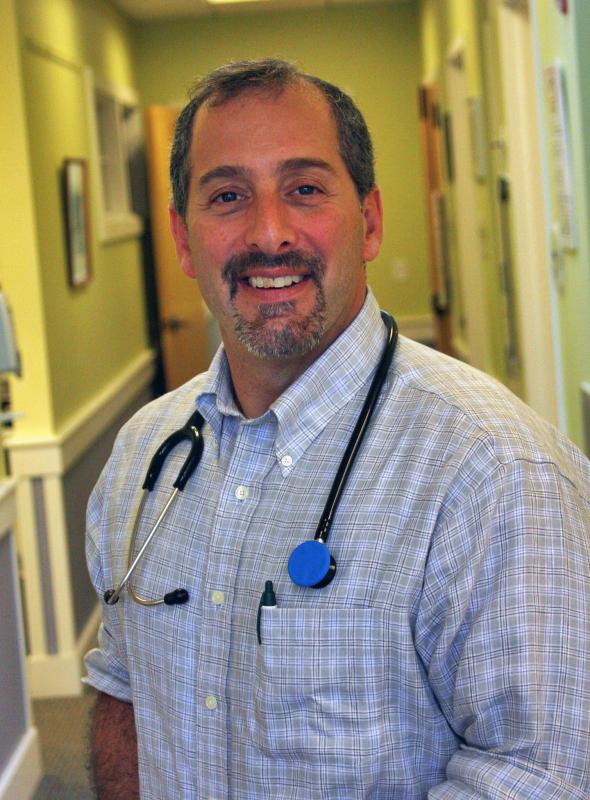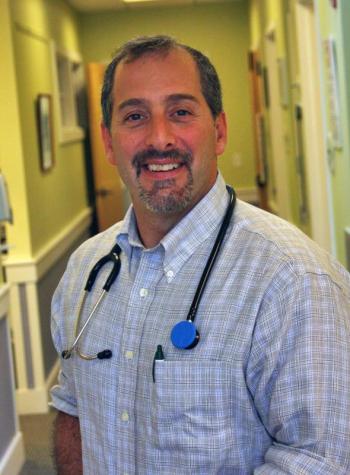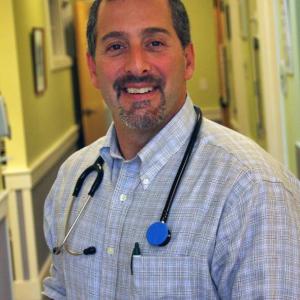Telepsychiatry helps rural families access hard-to-find pediatric psychiatrists
A severe mood disorder caused by early childhood trauma intensified as Dan, 12, approached adolescence, impacting every aspect of his life and his family’s.
“It was affecting his grades, he was suffering socially. He had such a hard time with his disorder that he was unable to mature,” said his mother.
One moment he was giddy, the next he was so angry and argumentative it was impossible to reason with him. Unable to connect with his peers, his self-esteem suffered, he lost weight and did poorly at school. At home, the disorder even caused his parents to think twice before taking the family for a car ride longer than 20 minutes.
When a psychologist the family was seeing in Rockland suggested that Dan needed more help than she could provide, Dan’s mother wasn’t sure where to turn. The nearest child psychiatrist was more than an hour away and the nearest open appointment was months off.
Through Lincoln Medical Partners Pediatrics’ telepsychiatry program, however, Dan was able to begin seeing a psychiatric nurse practitioner within days. The appointments took place in the same building as his doctor’s visits and although they took place through video conferencing, to Dan’s mother, it was as though “(the psychiatric nurse practitioner) was in the room.”
For a small but growing number of children, psychiatric services are a vital part of healthcare and telepsychiatry provides relatively quick access despite a nationwide shortage of pediatric psychiatrists.
Lincoln Medical Partners Pediatrician Steve Feder estimates about 60 percent of his patient visits are related to mental health or pyschosocial issues.
The vast majority of those issues can be addressed either through visits with Dr. Feder or Lincoln Medical Partners Licensed Clinical Social Worker Kate Kooperman at the Family Care Center in Boothbay Harbor, or through counseling at school.
But for those families who need psychiatric services, often for medication recommendations, telepsychiatry can be a lifeline.
“We have had very positive feedback,” said Feder.
Dan’s mother said she noticed a big difference after the psychiatric nurse practitioner changed her son’s medications. The new medication helped smooth out Dan’s highs and lows, he gained weight, found it easier to interact with his peers.
This past summer, Dan was able to attend camp and Dan’s mother said that for the first time in recent years, she was sad when it came time for her children to go back to school.
Access to mental health services is part of the patient centered medical home model that all Lincoln Medical Partners practices have adopted. Patient Centered Medical Home practices emphasize keeping patients healthy by offering seamless access to a wide variety of services, including mental health.
Treating developing conditions early can have a big impact on a child’s adjustment at school as well as his or her later success in life.
“It definitely falls into the realm of preventative care for a lot of kids,” said Dr. Feder.
According to government surveys, at least six million American children have been diagnosed with serious mental disorders, roughly triple the number about twenty years ago. Diagnoses include attention deficit disorder, anxiety, depression, and obsessive compulsive disorder.
The advent of social media and the ease with which young people are communicating with each other as well as access to adult media and violent video games have added to the complexity and potential hazards of the environment that children are growing up in.
Adverse childhood experiences (ACES, as they are often referred to), such as child abuse or neglect, parental separation or divorce and the loss of an immediate family member (among other factors), can also have an effect on how long someone lives and the development of chronic illness in adulthood, said Dr. Feder.
Event Date
Address
United States

























